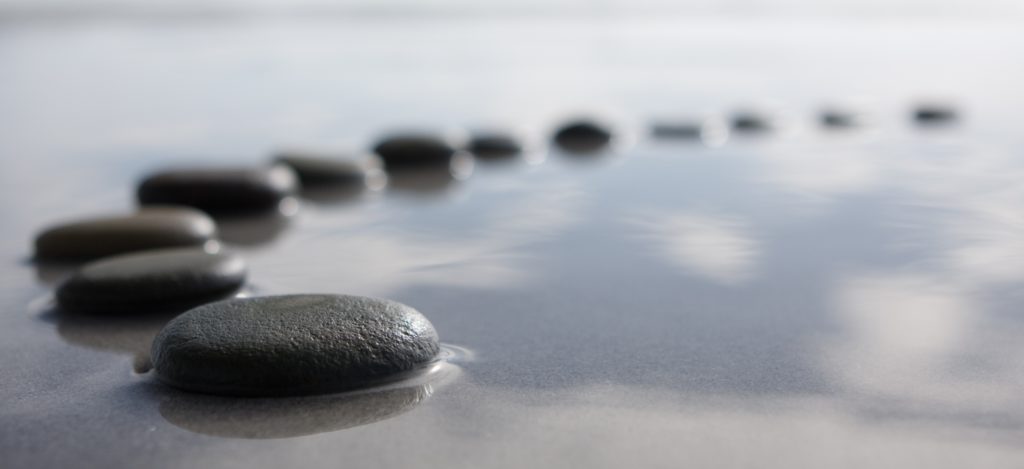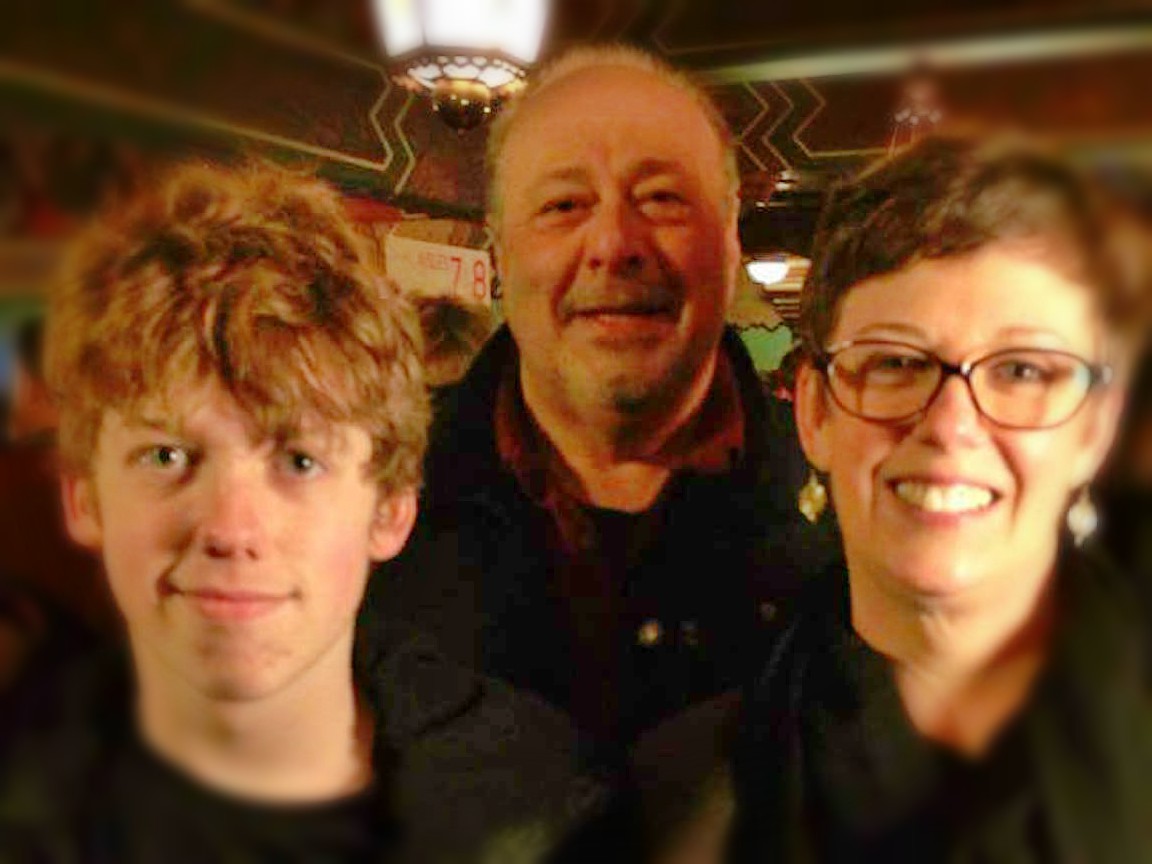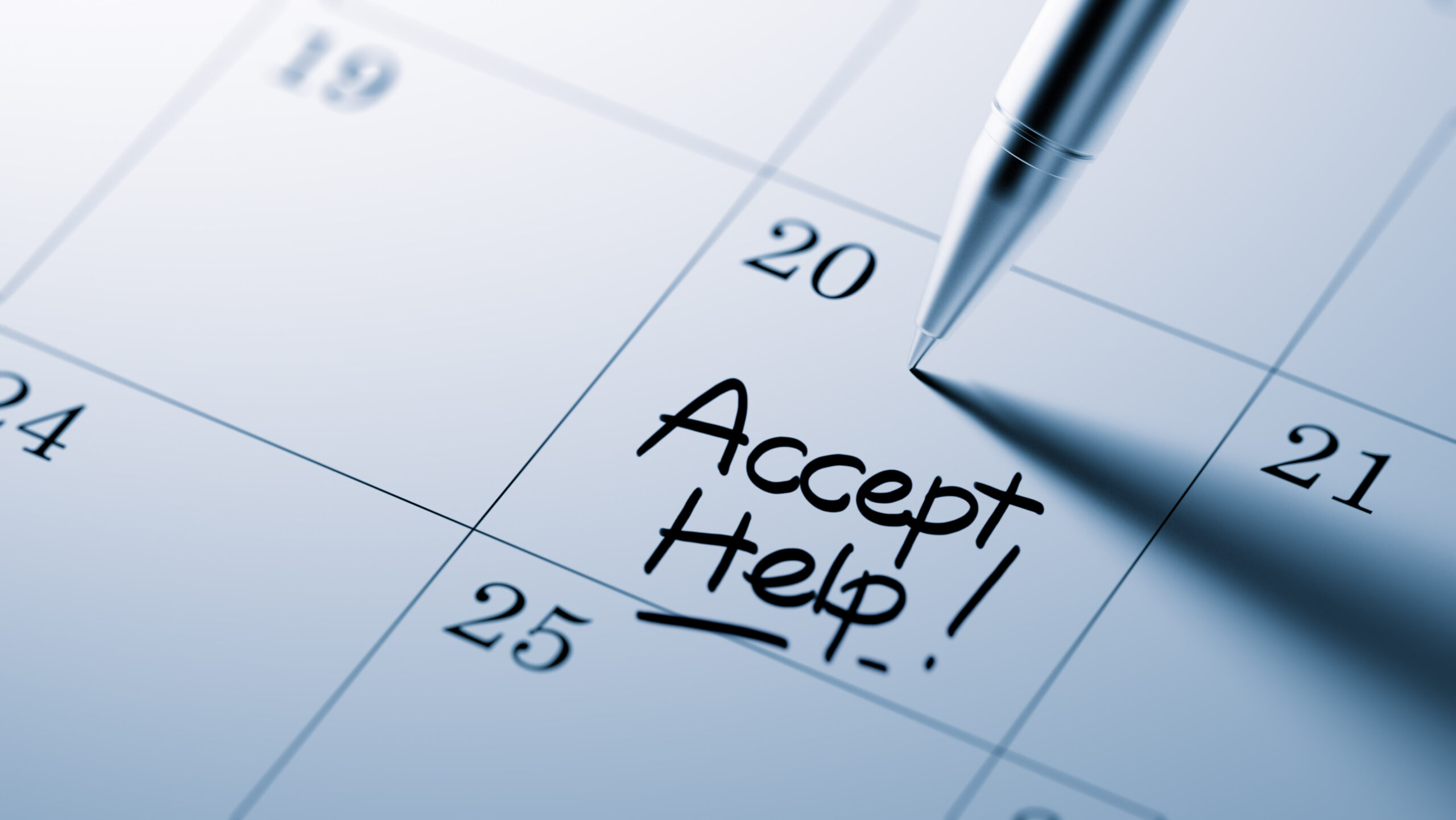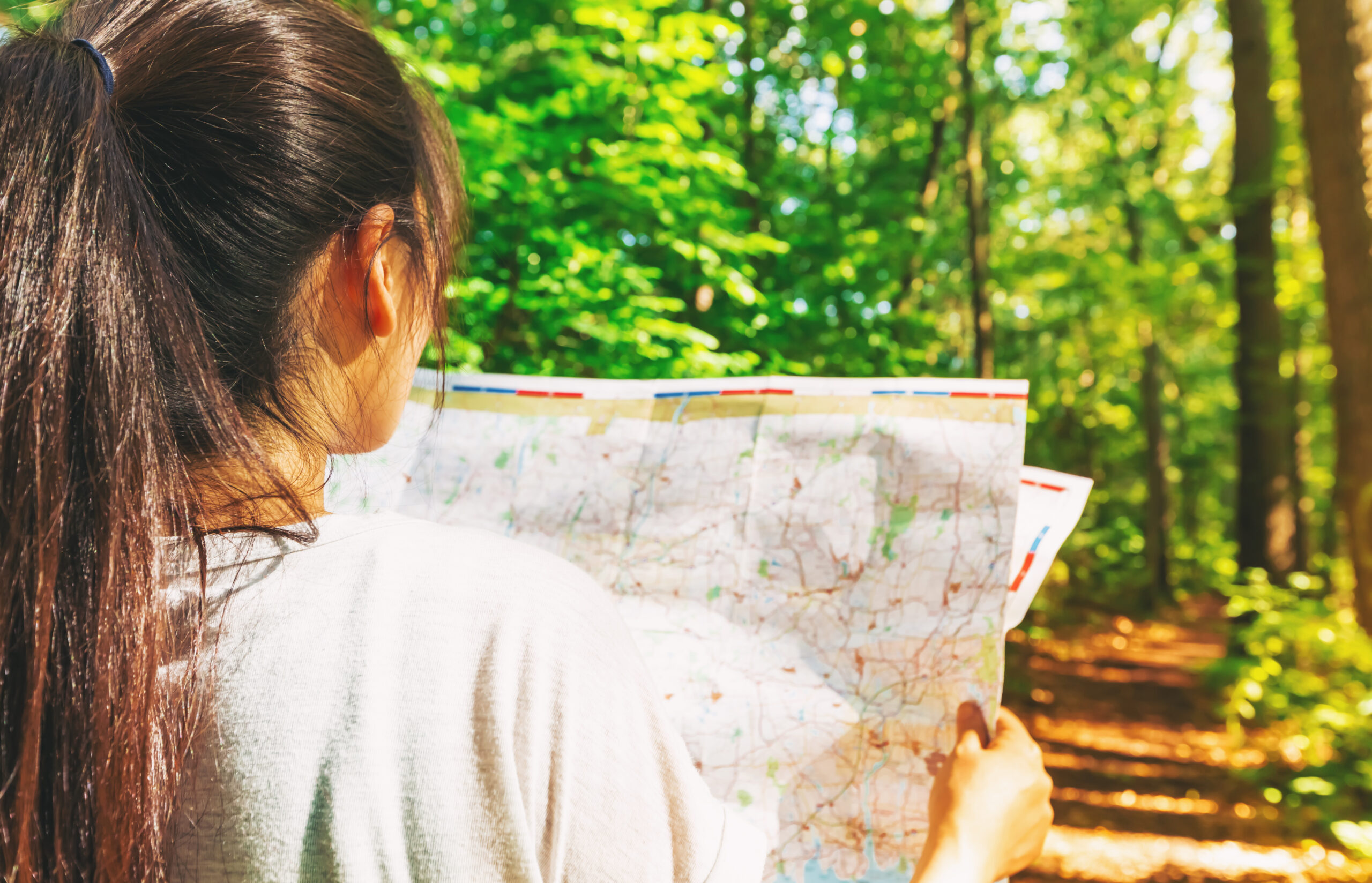It’s been two years and three months since our son, Adam, died by suicide. I’ve spent some time thinking about what has helped me deal with the loss. Sorry for the long post, but I wanted to capture everything that came to mind. Here are 12 things that have helped me (in no particular order):
1) Supportive people who allowed me to cry and express emotions freely. One of the best gifts I received after our son died was from a close friend who showed up on my doorstep with a box of Kleenex. The gesture said it all.
2) One-on-one counseling with an understanding & empathetic therapist. My husband and I have seen Katie a couple of times a year off and on over the past decade for various reasons. Marital tune-ups, help with a major decision in selling our house/moving to a new city, and most importantly, support in dealing with our son’s mental illness, which emerged in 2015, as well as continued support after his suicide death in May 2019. We met with Katie a few days before Adam died, plus the week after. Her assurance that we did everything we could was priceless! Although it still took my heart many months to catch up with my head regarding the guilt battle, her insights and words still resonate with me today.
3) Support groups. I was very lucky to be able to attend a grief group at my church for several months (pre-covid). We went through Alan Wolfelt’s book, Understanding Your Grief: Ten Essential Touchstones for Finding Hope and Healing Your Heart. I highly recommend this book. I also attend meetings with Friends for Survival, a national non-profit that provides peer support and resources to those who have lost someone to suicide. Currently, there are monthly Zoom meetings going on, which are helpful.
4) Books. I’ve read about 30+ grief-related books, some specifically on suicide loss, others just on general grief. The most helpful were Wolfelt’s book (above), My Son . . . My Son . . .: A Guide to Healing After Death, Loss, or Suicide, by Iris Bolton, I’ll Write Your Name on Every Beach: A Mother’s Quest for Comfort, Courage and Clarity After Suicide Loss, by Susan Auerbach, and A Grace Disguised, by Jerry Sittser. While all the books I read had some “nuggets” of wisdom, these four have underlining and yellow highlighting on just about every page.
5) TedTalks/Other Talks on YouTube. In the first few months after our loss, nighttime was the worst. It was near impossible to quiet my mind down so I could fall asleep, even with prescription sleep meds. I found some very helpful TedTalks on grief, as well as other faith-based talks/interviews with individuals who have gone through catastrophic loss. Hearing other people’s stories helped me to know that I’m not alone and gave me much-needed hope. Many nights, I fell asleep to these talks while lying in bed with my iPhone in hand.
6) Music. Although I enjoy all genres, faith-based music has been especially helpful (Pandora at home, K-Love in the car). It keeps my mind focused on the positives.
7) Alliance of Hope (AOH). A family member recommended AOH right after Adam died, but it was a couple of months before I began to explore the website and resources. … I started with the blog, and eventually landed on the Alliance of Hope Forum. I created a profile, posted on the “Introduce Yourself” link, then got sort of stuck. I kept trying to welcome others, rather than joining in on the forum links and topics below. I finally settled on two links: “What Helps?” and “Community Connections, For Parents Who Lost Children.” Though there are many other topics I can relate to, I’ve given myself permission to stick with just these two for now.
8) Journaling. I’ve been a lifelong journaler/writer, so this outlet has been extremely helpful in processing many things, not just loss. From time to time, I revisit my old journals and can see where I’ve been, and what progress I’ve made, and identify areas where I might still be stuck. A journal can be a great listener, offers zero judgment, and is available 24/7.
9) Spending time in nature. Walking, hiking, and visiting the beach have all been very therapeutic. I feel the most connected to Adam when I’m outdoors because he loved nature so much.
10) GriefShare emails. I subscribed to receive daily emails from GriefShare for a year, which provided encouragement and reminders of the recovery process. These emails were very brief, which was nice.
11) Time off from work. Three days of bereavement leave is certainly NOT adequate for any loss. I used two weeks of sick leave to at least get through the memorial service. Then I had to briefly return to the office. Lucky for me, I only had to be there about three weeks because I had a major surgery scheduled the month after Adam died, so I ended up being off another five weeks post-surgery. During that time of rest, I was able to read, listen to music, cry, and cry some more.
12) Talking about my son with those who knew and loved him.
Thanks for letting me share! I hope my experience will be helpful to others.




